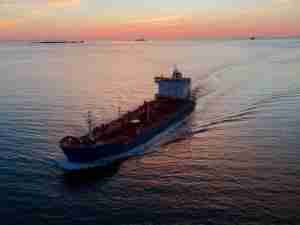In his editorial column in the Spring 1999 edition of The TIACA Times, Johnson says, "Customs has had little attention as a link in the service chain...this suggests serious industry attention."
Referring to Customs as a collective problem, he says that individual countries are working on the modernization of the Customs function, but collectively the function is diverse, uncoordinated and reflects the culture and philosophy of a by-gone era. Johnson, explaining that the air cargo industry is based upon a chain of services, said, "No single entity-airline can assure a level of quality without recognition of the links in the chain of service.
On an international basis, one link common to all shipments is customs. Yet customs has had little attention as a link in the service chain."
When comparing the working hours of customs to other government service entities, Johnson points out that customs service hours for cargo reflect government office hours rather than those of a service organization.
"Service organizations such as police, fire departments, hospitals, airlines, railroads and telephone companies all operate seven days a week, 24-hours-a-day," he said. "This is not the case with Customs. I believe the solution to this problem requires a cultural change which must begin at the top. Telephone, banks, aviation and medicine have adopted uniform systems and procedures. Customs has not." He said that as we move to the dawn of the 21st century, the challenge to Customs in all countries is clear: there should be an international move toward standardization, the Customs culture must develop a service philosophy which accompanies its police power, the economic needs which seek Customs reforms should be understood and given consideration, and innovative technologies and systems must be constantly explored and adopted when practical.
"Only when Customs collectively moves to meet the needs of the marketplace can the chain of air cargo service be totally strengthened and secure," Johnson says.









